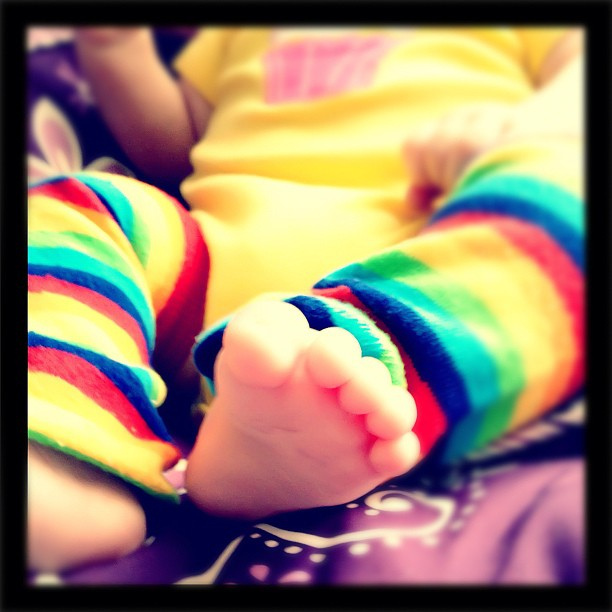Is New Religious Adoption Legislation Discriminatory?
Are religious freedom and civil rights in Michigan in tension with each other?

Stephen Henderson talks with Douglas Laycock, Professor of Constitutional Law and Religious Studies at the University of Virginia, about Michigan’s new religious freedom law that will allow faith-based adoption agencies to refuse to serve LGBT people, or people of other faiths. Some of the main points of their discussion are:
- Religious freedom vs. Civil rights: Stephen asks about the tension between religious freedom and civil rights. Laycock says that religious freedom is a civil right, and that the aim is to protect the rights of both sides as well as possible. He says that Catholic Charities has pulled out of Massachusetts and other states that have mandated that religious organizations serve LGBT parents. He believes that this “does not serve anybody” and that both religious and secular organizations should be allowed to stay open.
- Supreme Court: Laycock says that the nature of the state’s relationship to faith-based religious organizations in this context is not a constitutional question. He says the upcoming US Supreme Court decision on state bans on gay marriage will not affect these laws.
- Availability: Laycock believes that as long as there are adequate options available to LGBT people seeking to adopt in Michigan, state support of faith-based organizations is not discrimination or a violation of civil rights.
- Discrimination: Many callers do not like the new law. They argue that the law is discriminatory, or could be used for discriminatory purposes. They bring up the possibility that this could set a precedent for other types of discrimination, and feel that it should be considered in a larger historical and legal context. One caller points out that kids should be at the center of conversations about adoption, and that adoption agencies should primarily serve the children they place.
Click the audio link above to hear the full conversation.
